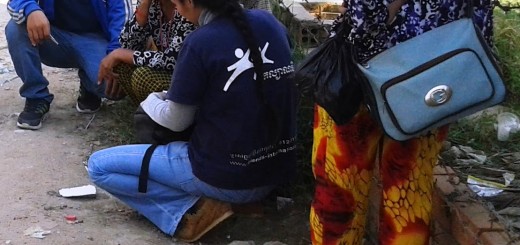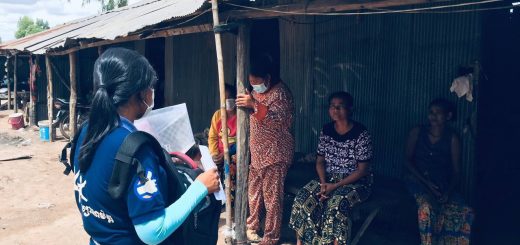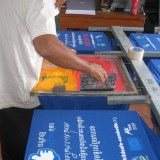Street Children, Free Meals, & Lessons Learned.
We’ve been asked many times for our thoughts on ‘soup kitchen’ projects which provide free food to street children. Although often set up with best intentions and supported by people who really want to do good, there are many areas of real concern in what they are doing.
How do we know?
Because we’ve been there… when Little Friends (as we were known back in the mists of time) was set up, we brought food to the kids on the very mean streets of Phnom Penh. Very shortly it clicked. We weren’t actually changing anything; we were keeping the situation as it was. In fact, we were keeping those children on the streets. 18 years on and this is still the case – for children who are working or living on the streets, making their life ‘easier’ by providing meals only keeps them there, in very dangerous environments (particularly selling and begging late at night) and at risk of many forms of abuse.
Traditional charity approaches like soup kitchens may work in certain situations, such as responses to disasters, but don’t work in developing countries where the real need is to break the cycles of poverty that lead children and young people onto the streets. At Friends we also feed children: 800 per day in the Mith Samlanh Center in Phnom Penh. However, meals are part of their attendance at a program which has the objective of keeping them off the streets now, and preparing them for a future within society through education, training and employment. In addition, and this is crucial, we also work with their parents to ensure that they can make money so they can feed and educate their children.
Another negative impact of the traditional charity approach is that it actually increases the problem. Here is an example: We work with children on the dump in Siem Reap, again with the objective of getting them out of there, into education and training, and providing their parents with skills so they can support their families away from a dangerous environment. Several recent media reports that emphasized how awful things are on the dump have actually led to ‘dump tourism’; well meaning people turning up in droves to give food and clothes and money to those working on the dump. Of course, the word gets out and now the numbers of children found working there have increased, and children we reintegrated back into school are leaving school so as not to miss out on this distribution… Who does not want free food, clothes and money?
So what can be done that will actually help? As an organization with a wealth of experience in this field, we regularly work with other organizations to help them develop best practice without unintentionally causing harm. There’s also no such thing as a free meal – eventually you will run out of money, so you need to become sustainable. We are a social business, which helps, but we too rely on donors for a significant part of our program costs. But donors also want to see long term impact, not just a quick fix. As part of our ChildSafe child protection network materials, we have the ‘7 Tips’ which provide guidance in practical ways for individuals to help – instead of giving food or money to street children, people can support the work that is being done to get them off the streets and away from a dangerous life… Otherwise, where will they be in 5 years time? No education, no employment, still accepting food and money and quite possibly, using drugs. Many children also end up in prostitution. This cycle is repetitive, but you can help break it by supporting the many organizations that are taking a long term approach to the issue – you can find a list of them on the ChildSafe website
Finally, this is not some ‘holier than thou’ approach from yet another do-gooder NGO. We’ve been doing this for 18 years, and we did make mistakes in the past. Because we have learned from these mistakes, we want to share our lessons learned.
It’s simple really.
Soup kitchens don’t work in a developing country, building futures does.








Thanks for your analysis! How to address hunger in a way that doesn’t ‘feed the problem’ is definitely food for thought. : )
http://jinja.apsara.org/2012/06/upcoming-menu-music-vs-hunger/
Fully agree with the statement from Friends Int.
Many thxs. for that.
Mat